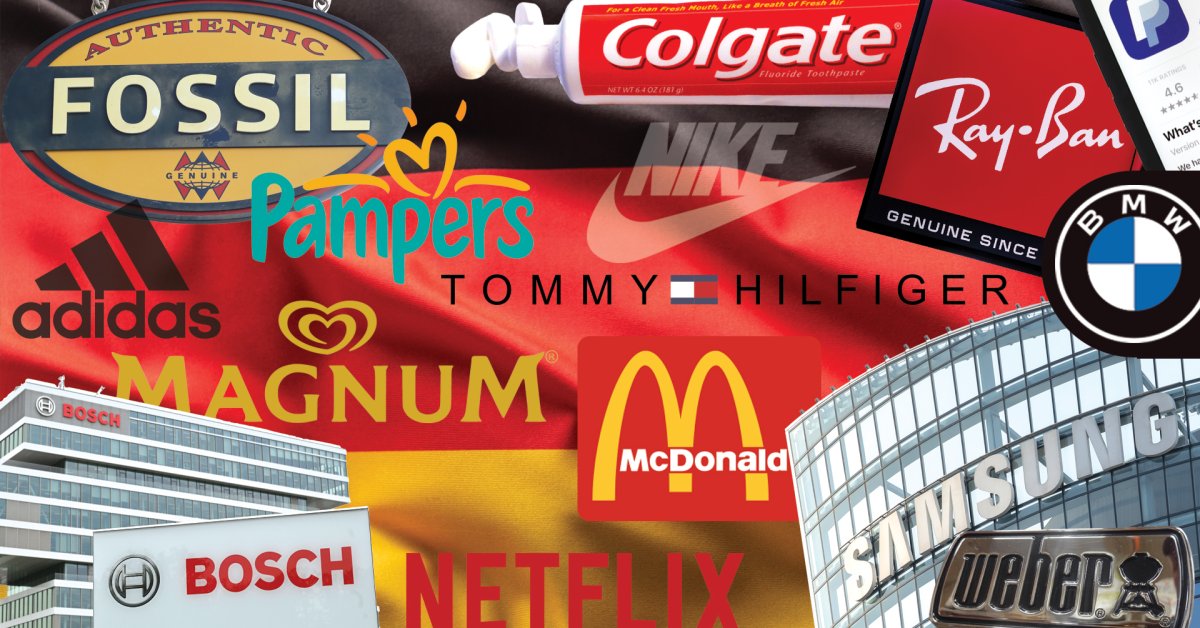Methodology: How TIME and Statista Determined the World’s Best Brands of 2025
Brands have the power to influence consumer preferences and purchase decisions by establishing personal associations with their products. In 2025, TIME and Statista launched the second annual lists of the World’s Best Brands, based on consumer surveys conducted in countries around the world about brand awareness, social buzz, likability, usage, and loyalty. The lists aim to capture an unfiltered view of how customers perceive and interact with brands. In October, the rankings based on 90,000 consumer surveys from the United States, Mexico, Germany and the United Kingdom were published.
In Germany, the five brands that scored high across the board for each of the 71 categories surveyed were named the Best Brands. Germany’s brand preferences, across a wide range of products, lean domestic. For example, in half of the categories under the Cosmetics & Personal industry, Hamburg-based Nivea was the top brand. (The brand’s parent company claims that brand awareness of Nivea is virtually 100% in Germany.) Plus, four out of the five top brands in both the Cars and Electric Cars categories are German. Last year, BMW (no. 1 in Cars and Electric Cars), surpassed Tesla in EV sales across Europe, likely boosted by backlash against Elon Musk.
The spread of domestic brands across the list could partly be explained by Germany being the EU’s biggest, and the world’s third biggest economy. However, many economists attribute this not to a domestic brand loyalty, but a sensitivity to price, with German consumers sometimes making an exception to pay more in exchange for quality and sustainability. Germany’s love of a good deal could explain why discount grocers like Lidl and Aldi (no. 1 and no. 2 in Grocery Stores) originated in the country and now thrive globally. A survey by consultancy firm BCG found that 60-75% of German consumers were willing to switch brands for a better offer. This economically practical behavior was also echoed by the German soccer federation, which in 2024 switched gear suppliers for the German national team from the iconic German brand Adidas (no. 1 in Sportswear and Swim Wear) to the American sportswear brand Nike (no. 1 in Sneakers), because the latter had “by far the best financial offer.”
